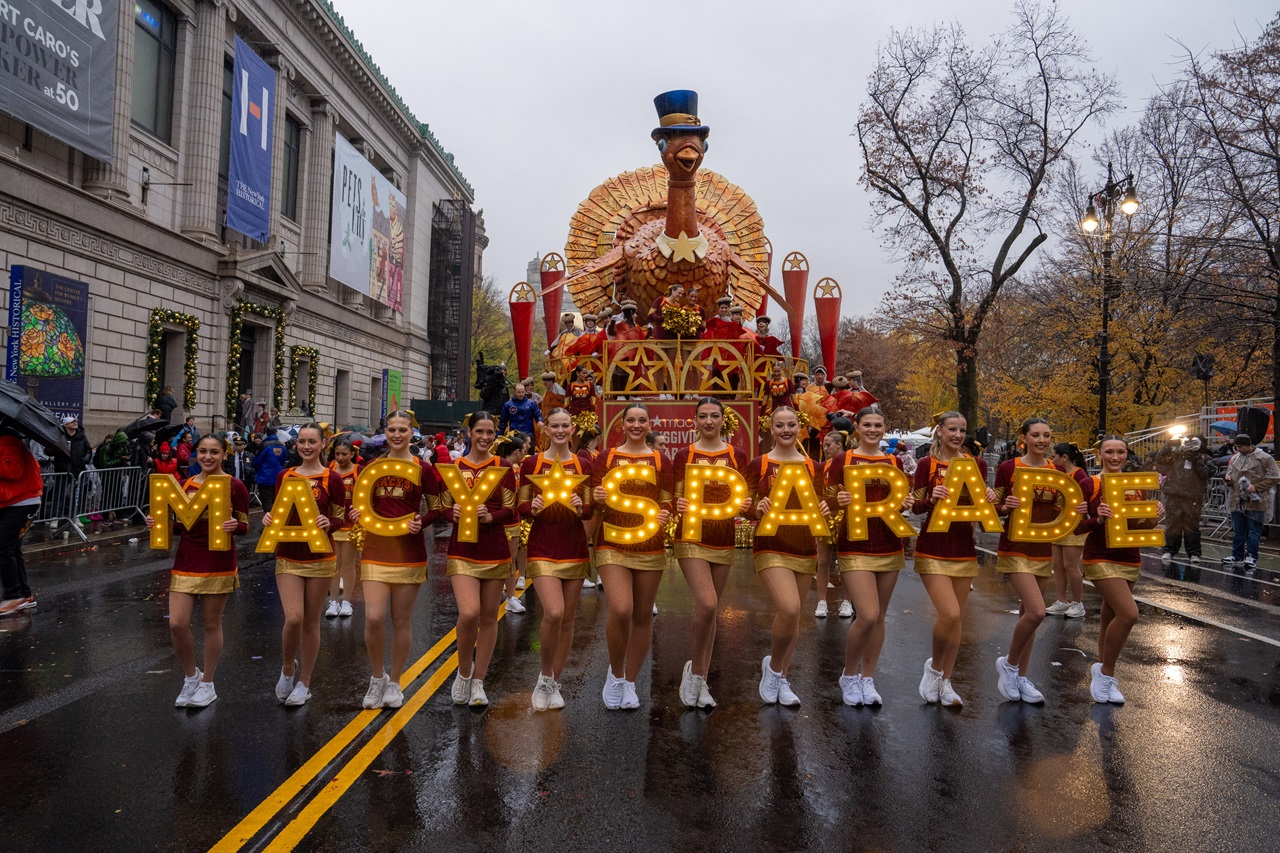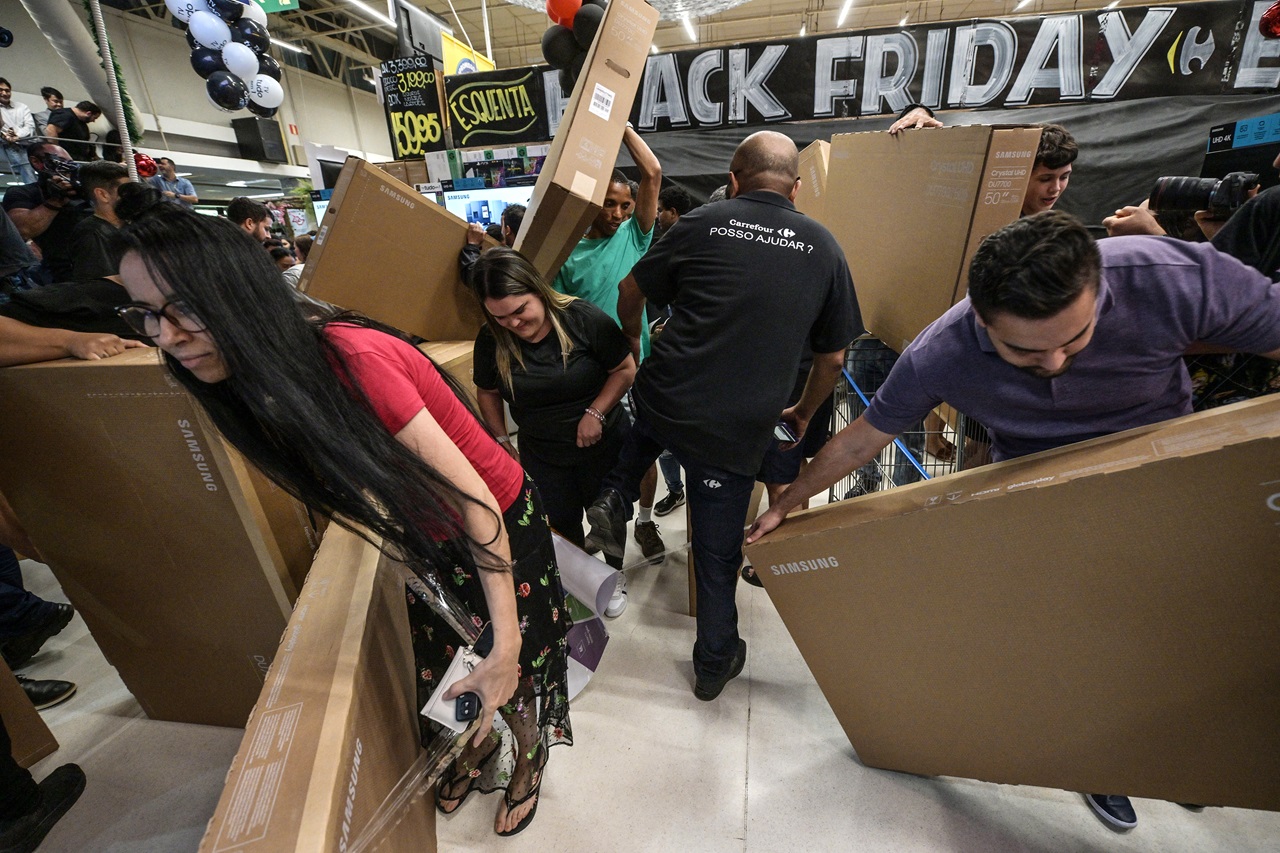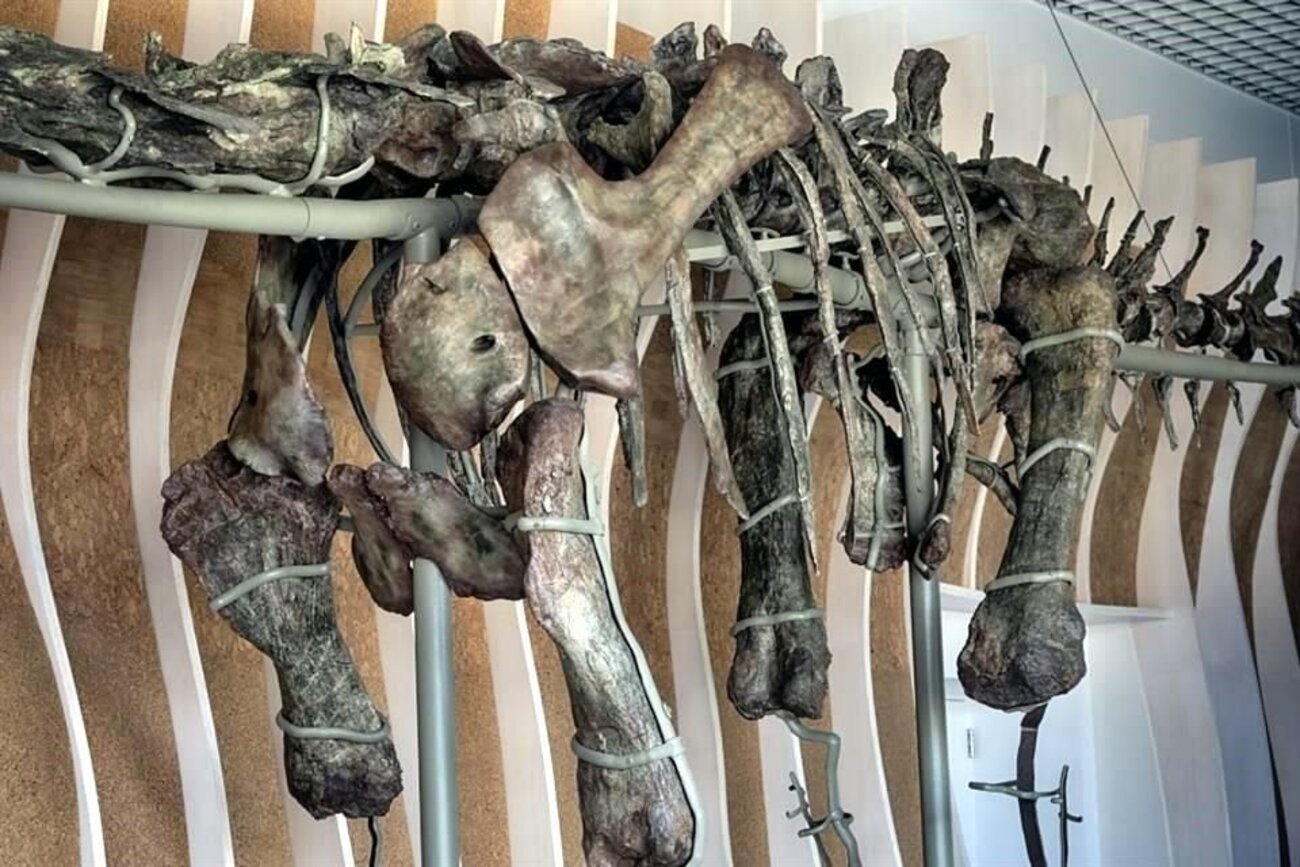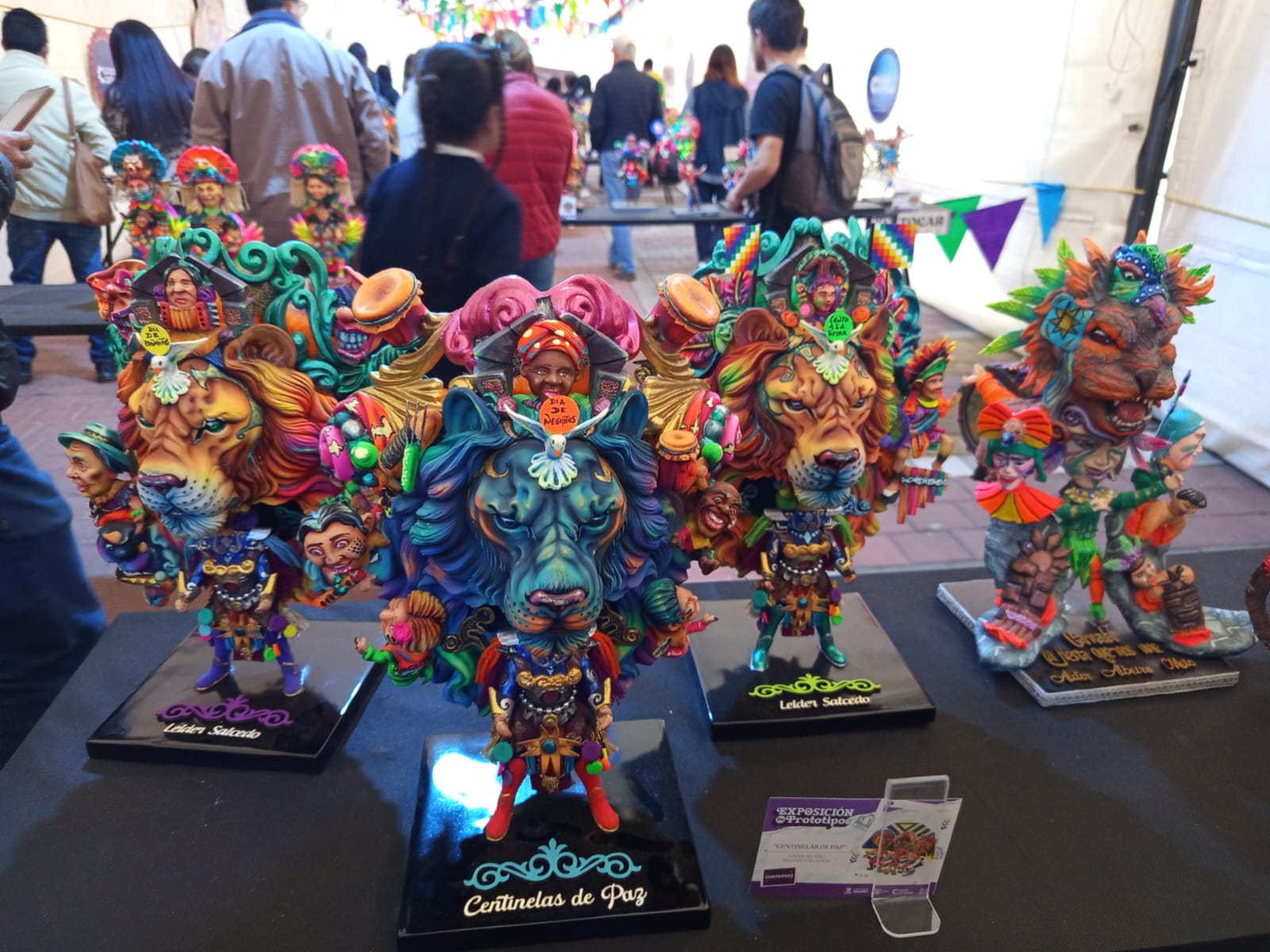
Journalist Eileen Truax speaks to Temple students about American immigration process
Mexican journalist and author Eileen Truax spoke to Temple University media and communication students about the exclusive American immigration system on Thursday.
Truax visited Philadelphia to share her book “We Built the Wall,” published in July 2018, which tells the stories of migrants who get wrapped up in the complex immigration system. She discussed how U.S. immigration policy selectively accepts and denies asylum-seekers, refugees and visa applications, based on whether countries are considered developed.
At the Klein College of Media and Communication’s Graduate Speaker series, co-sponsored by AL DÍA News, Truax presented her reporting and research to about 15 students, emphasizing that media should focus more on the larger issue of a backlogged immigration system, rather than fixating on stories that only have emotional appeal.
“Whenever you're working on migration, you have to think and to make sure, ‘Why do you want the story of that person,’” Truax said. “We have the numbers, we have the countries, we have all the data and we want a human story. Why?”
“These stories are not the news: the artifacts, the numbers, the new piece of legislation, the political actions, those are the news,” she continued. “The thing is that if we give all of those numbers that I just gave you to the average citizen, they would not care.”
Truax said she aims to provide a bigger picture of the immigration process and its dysfunctionality in her reporting. There are only 301 immigration judges in the U.S. who held immigration hearings, Truax said, and applications are backed up 20 years, meaning, for example, that someone who petitioned an adult child who sought asylum in 1995 would not be approved until 2017.
She suggested President Donald Trump’s administration should ask Congress for allocations toward resources to process immigrants, rather than a physical barrier at the U.S.-Mexico border. America doesn’t need a wall, because there are “bureaucratic barriers” that regulate immigrants by their skill level, Truax said.
“We don't need a wall made out of brick because without even a single brick, we already have a wall, in the way we define who is American, who's not, and who deserves to be American,” Truax said during her presentation.
The U.S. is also extremely selective about which nationals have permission to roam freely in the U.S. with only a passport; which are granted visas, asylum or refugee status; and which are left to either remain in violence-threatened countries or cross into the U.S. illegally, Truax said. She argued that workers with “extraordinary abilities” like software developers in Silicon Valley are given preference over those fleeing dangerous situations or looking for low-paying jobs.
CONTENIDO RELACIONADO
“I ask myself, [if] picking strawberries in the fields is or is not an ‘extraordinary ability,’ and how many of us can’t do that, but that's not considered an ‘extraordinary ability,’” Truax said.
While 72 percent of all refugee and asylum seekers overall are denied status, more Asian nationals, like Indian and Chinese immigrants, are approved than Mexican and Central Americans, Truax shared, displaying several charts based on national immigration data. These facts, she said, should be what Americans consider as they form opinions on immigration policy.
While immigrants from Latin American countries have been deterred by these policies, there are severe circumstances that continue to push migrants toward the U.S. Despite the immense sacrifice involved in seeking asylum in the U.S., including the risks of waiting for decades to be approved, being separated from one’s child, or being deported, America remains the best option some immigrants have, Truax said.
“You just saw all the obstacles that we put to people and they still want to come here and they still see this country as a beacon of light,” Truax said.
Truax gave advice to journalism students about how to understand the systematic barriers undocumented immigrants face.
“Think about the migrant's life everyday in the different moments in your own day,” she told students. “Say that you woke up today, you come to university and you know how you're going do it, right. But if you don't have documents, what happens?”
“Talk to an immigrant,” she added. “That's the easiest thing to do, because especially those people in Congress talk a lot about immigrants, but they don't talk to immigrants, and that would be super informative.”










DEJE UN COMENTARIO:
¡Únete a la discusión! Deja un comentario.